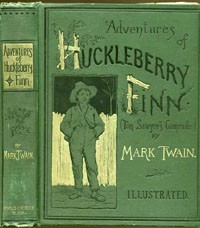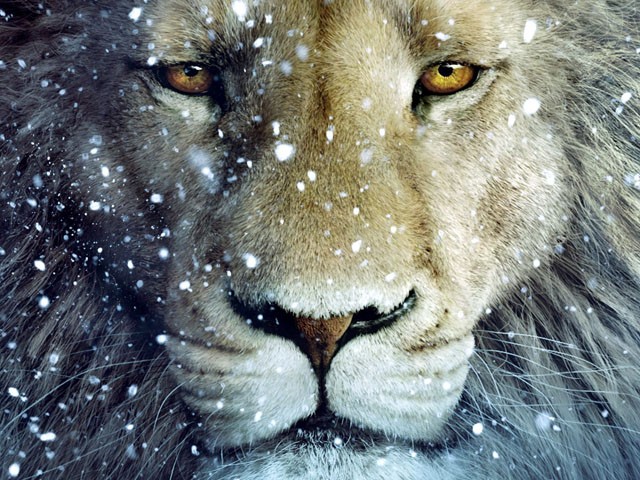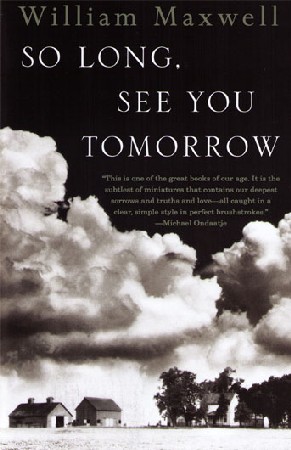Huckleberry Finn
 On a recent long trip, we listened to The Adventures of Huckleberry Finn via audiobook. It’s a controversial book, one that has even provoked discussion of censorship. But on the whole it was a great experience for our family to listen to it together, and it prompted many interesting conversations. (Incidentally, as audiobooks go, this was spectacular. The reader, Patrick Fraley, was absolutely marvelous and had a larger store of different voices for the different characters than I’ve ever heard.)
On a recent long trip, we listened to The Adventures of Huckleberry Finn via audiobook. It’s a controversial book, one that has even provoked discussion of censorship. But on the whole it was a great experience for our family to listen to it together, and it prompted many interesting conversations. (Incidentally, as audiobooks go, this was spectacular. The reader, Patrick Fraley, was absolutely marvelous and had a larger store of different voices for the different characters than I’ve ever heard.)
Basically, I trust books not to need my intervention overmuch. I left the novel to speak for itself for long sections, and we would have discussions between discs or, sometimes, while doing other things that reminded us of the characters. Before we even started, I did explain that the “n word” was a word people used to use as a matter of course, but that we no longer use because it’s offensive and degrading. (Apparently it’s still in use in some sectors, but not in the mainstream.)
It’s not something we’d ever addressed, but not surprisingly, they already were aware that it’s not a good word or a word they should use. We talked about how it went along with the whole slave culture, and language like that was one way black people were kept oppressed — along with many other forms of institutional oppression. I’m sure I would have had a hard time reading the book aloud myself and repeating its words and sentiments over and over. But hearing it read, I was in the same position as the girls, and we reacted together to different aspects of the story.
It’s first and foremost a fabulous adventure tale, with the best kind of hero: a likable survivor. Both daughters responded to it on this level. Older Daughter got such a kick out of Huck for being uneducated, yet so very street-smart. Younger Daughter felt on the edge of her seat the whole time: how would Huck and Jim get out of this or that scrape? Huck has a very deep sense of decency and is kind of a noble savage, inhabiting the river with other outlaws and escapees from the “civilized” world onshore. But it doesn’t take long to see that the civilized world is full of outlaws as well, just a different kind. My husband was struck by the amount of deceit in the story, and how easy it was in that day and age to pass yourself off as someone you’re not; locales were basically isolated from one another, and it was possible for con-men to simply go from place to place telling the same lies. Because there is so much falsity on both the shore and the river, Huck’s effort to grapple with his conscience, and the basic rightness of most of his emotional responses, make him seem more a truth-lover than liar — despite the many lies he tells. Most of his humane impulses require him to go against established opinion. It’s a pretty profound commentary on the corruption of human beings and their institutions.
Faith too is something Huck struggles with and thinks about. His opening puzzlement over “Providence,” and the glib way Christians around him talk about prayer, brought some issues to the table that it might have been hard to talk about otherwise. Later, his pivotal moment — the moment when he vows that he’ll go to hell if that’s the consequence of helping Jim escape slavery — points to the corruption of the church’s influence regarding slavery, and gives a spiritual weight to Huck’s decision. He reminds me of the young Calormene warrior in The Last Battle who worships Tash, then discovers that it was really Aslan who stood for all that he had attributed to Tash. Turning “away” from God, Huck is really closer to God’s respect and love for all humanity than any of the business-as-usual church-goers around him who would enslave another human being as a matter of course.
The scene from The Last Battle that I mentioned in the previous post, where the dwarfs stop believing in the real Aslan because they’ve had a false one thrust upon them, came to mind in reading this book as well. In this story there are so many false preachers, so many hypocritical church-goers, and beneath it all, so much corruption in the church that it’s no wonder Huck has no interest in allying himself with it. Ultimately it’s Jim — another cast-off from the world of institutions and civilities — who best exemplifies for Huck what it means to be truly kind and generous, truly dependable and self-sacrificing. It’s not just talk; it’s for real.
Rereading this (if listening can count as a “reading”), I’m baffled about why anyone would want to rewrite it to sanitize its evidence of history. To me it’s a tremendously forward-looking book that strikes out against racial barriers and societally condoned hypocrisy at every turn. It’s an uncomfortable read for everyone, but its main story is about a boy who rises above racism, and it would be nowhere near as powerful if it didn’t show, through his language and assumptions, how steeped Huck is in his racist culture to begin with. One function of literature is to keep history honest, and it can’t do that if, in Orwellian, 1984ish fashion, we wring out the least palatable aspects of history.




2 Comments
Amy @ Hope Is the Word
Can you believe this is one book I haven’t read? Sigh. My (public) middle and high school education and (public) college education has failed me. ;-)
Your thoughts are spot-on, I think.
hopeinbrazil
This has been on my TBR list for years. Thanks for your (as always) well-written and thought-provoking review.